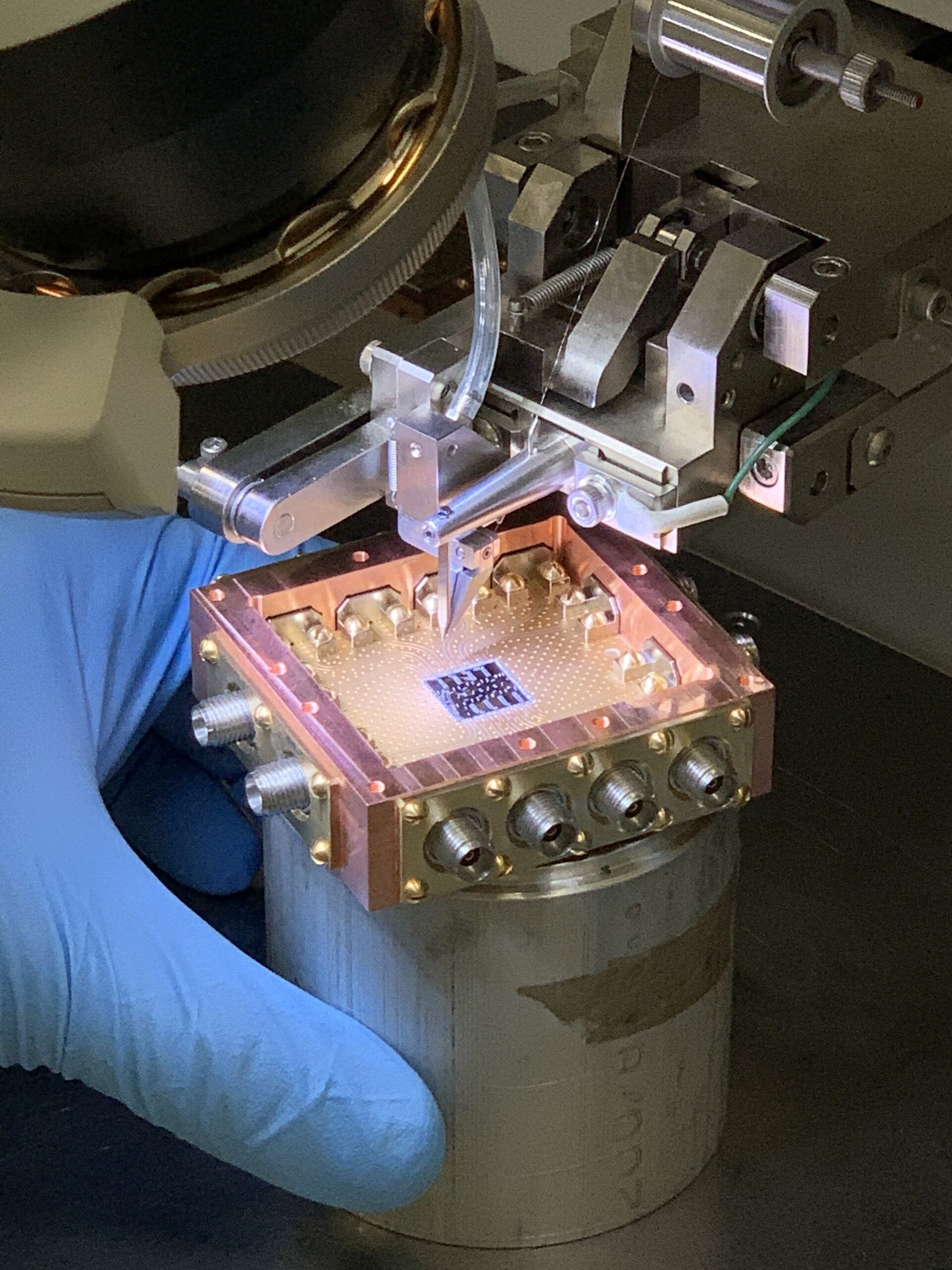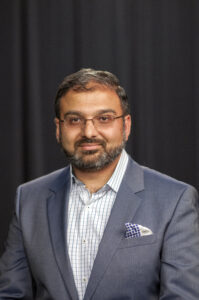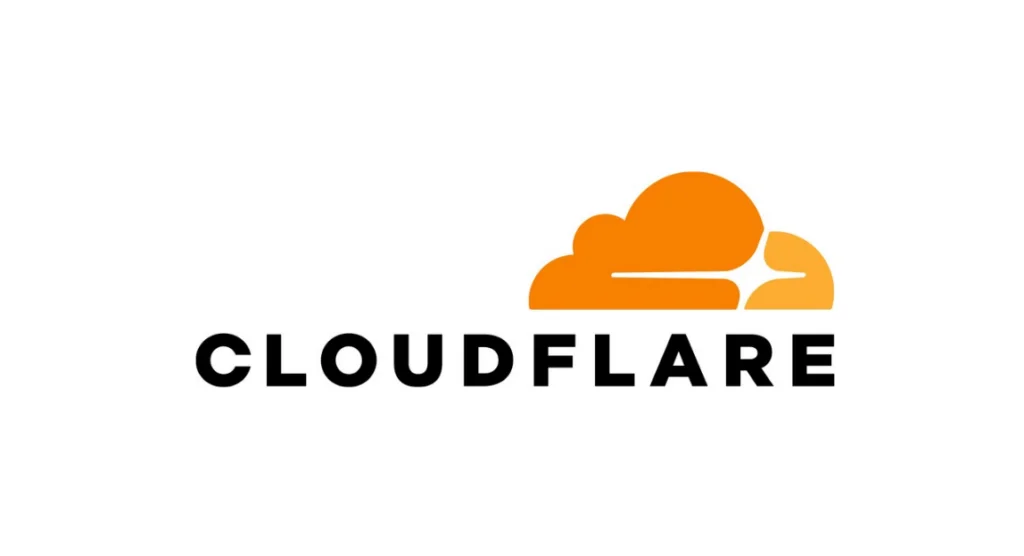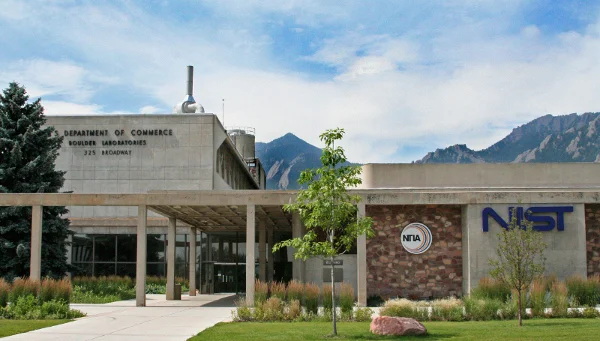
In October of 2021, University of California, Berkeley Professor and Director Dr. Irfan Siddiqi of the Advanced Quantum Testbed (AQT) at Lawrence Berkeley National Laboratory (Berkeley Lab) discussed the latest research in quantum computing. Given in a “fireside chat” format, Dr. Siddiqi addressed the industry and trade press, focusing on issues ranging from laboratory benchmarks to accessibility of this emerging technology.
The AQT began in 2018 as a collaborative research program funded by the Department of Energy (DOE) at Berkeley Lab to focus on advancing quantum computing. The program focuses specifically on superconducting circuits and quantum algorithms, using a multidisciplinary approach to designing and testing the technology. The AQT has been able to publish literature on successful noise control algorithms, and other algorithms for multi-qubit and qutrit processors.
In speaking at the fireside chat, Dr. Siddiqi said: “We are at a crossroads for quantum technology.” He further explained the current solutions for the problems in quantum computing were not fundamental in nature, making the solutions more complex to study. The current research has shown some: “proof of principle within the experiment,” according to Siddiqi, but there needs to be better alignment of the resources in order to make for more efficient research. When asked about current expectations of AQT, Siddiqi responded that the testbed was designed to engage with users on meaningful questions within quantum computing. These expectations have been transposed on several AQT projects, including the recent work with the Quantum Imaginary Time Evolution (QITE) algorithm. Using this algorithm, Siddiqi and his team were able to improve the stability of the algorithm, reaching “the ground state in energy and fidelity with a precision below 1%.” This success showed the AQT what their team could do in advancing quantum computing technology.

While QITE is not a classical-quantum hybrid algorithm, Siddiqi referenced it as an inspiration for these hybrid algorithms that many businesses could end up adopting. In looking at these hybrids, Siddiqi emphasized that the quantum component is utilized to help overcome classical computing issues. These hybrids also require different forms of evaluation to determine how successful the algorithms are.

Accessibility and Diversity:
While AQT looks at ways to advance quantum computing, it also focuses on the accessibility of the technology. In explaining how the program is working toward making the hardware more cost-effective, Siddiqi mentioned that the testbed was free to users. Additionally, the AQT works at bringing in researchers of all ages and backgrounds. “We are not monolithic. There is diversity in terms of approaches, there’s diversity in terms of hardware, there’s diversity in terms of intellectual capital and ideas, and then there’s diversity in terms of human capital.” Siddiqi said. He added that high school students and undergraduates are often accepted into the AQT program as they sometimes give the best ideas. AQT reflects the broader science mission at a DOE-funded laboratory by partnering with community colleges, as well as state boards and local governments. “Quantum technology reaches many,” stated Siddiqi. “This is a very interesting revolution in the technological sector and that’s really an opportunity to expand beyond some very narrow definition of what quantum computing is. The technology is definitely broader and will evolve, so we have actually an opportunity to have a broader conversation with a broader group of folks about what this field should be. And I think the output will be much better that way.” He went on to explain that AQT is also working to develop quantum engineering as a discipline, so more individuals can study it and pursue a successful career in the quantum science sector.

One of the researchers at the fireside chat, Ravi Naik, AQT’s measurement lead, mentioned how grateful he was for Siddiqi’s work. Naik originally joined Siddiqi’s research group at UC Berkeley as an undergraduate, before leaving for other endeavors and later returning as a postdoc and later becoming a career-track research scientist at Berkeley Lab. “I’m grateful for the time I’ve had to work with the testbed and its users,” Naik exclaimed. “I’m so thrilled to see how many people are involved across the world, and how much the field has grown.”
If you found this article to be informative, you can explore more current quantum news here, exclusives, interviews, and podcasts.
















